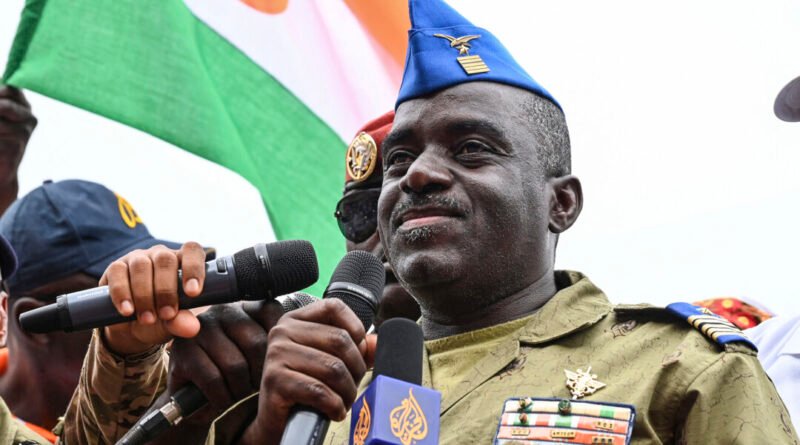US Army Contingent Stranded in Niger After Military Pact is Broken
According to analysts, Niger’s decision to cancel agreements with Washington demonstrates its shift towards partnerships with Russia and Iran.
It is feared that Russian mercenaries may fill the void left by U.S. forces, increasing military and migration threats in the region and strengthening Russian logistics in Africa.
The decision by the Niger junta on March 16 came after tense discussions with a high-level U.S. delegation.
Col. Abdramane also condemned the U.S. delegation’s “condescending attitude” and threats during the meetings on March 12–13.
In response, U.S. defense and diplomatic officials expressed willingness to find alternative paths forward to maintain the partnership, emphasizing ongoing communication with the junta.
The junta’s expulsion of French troops in December 2023, following the coup that removed democratically elected President Mohamed Bazoum in July 2023, preceded its recent actions with the United States.
While the United States has been more accommodating to the junta post-coup, opting for a less confrontational approach compared to France, tensions have risen between the U.S. and Nigerien authorities.
Mr. Meservey noted, “The United States has strived to navigate its dislike for coups while recognizing the importance of its relationship with Niger for American national interests, which became increasingly challenging given the recent strain in relations.”
With the cancellation of the U.S. pact, concerns arise over the fate of U.S. Air Base 201, a vital facility in Niger utilized for drone surveillance of terrorist groups in the region.
This decision also puts at risk the presence of 700 U.S. military personnel stationed in Agadez, northern Niger, and critical U.S. training, support, and equipment provided to the Nigerien military over the years.
Security experts caution that without U.S. intelligence support, the ability to anticipate militant activities and respond effectively diminishes, potentially leading to an escalation of attacks and violence.
Reflecting on the situation, J. Peter Pham, former U.S. Special Envoy for the Sahel, highlighted the successes achieved through U.S.-backed training of Nigerien forces in reducing extremist violence since 2018.

However, following recent events, the surge in extremist activities in the region underscores the impact of deteriorating security conditions exacerbated by the U.S. withdrawal.
Looking ahead, Mr. Pham predicts operational challenges for the United States in combating terrorism without access to critical bases in Niger, potentially resulting in a setback for counterterrorism efforts across Africa.
Mr. Pham emphasized the limitations of alternative countries’ support, pointing out the lack of operational experience and capacity to replace the comprehensive assistance provided by the United States to Niger.
He underscored concerns about the potential vacuum left in Niger’s security landscape and the detrimental effects on counterterrorism capabilities in the region.
While the situation remains fluid, observers caution that relying on Russian and Chinese aid may not secure the long-term security interests of Niger, potentially exposing the country to increased security risks.

There is a looming concern that Niger may tilt towards Russian influence, aligning with neighboring countries’ similar stances, which could potentially elevate security risks in the region.
Despite these challenges, the United States strives to maintain its strategic interests and security objectives in the region, facing complex decisions amidst geopolitical shifts and competing interests.






